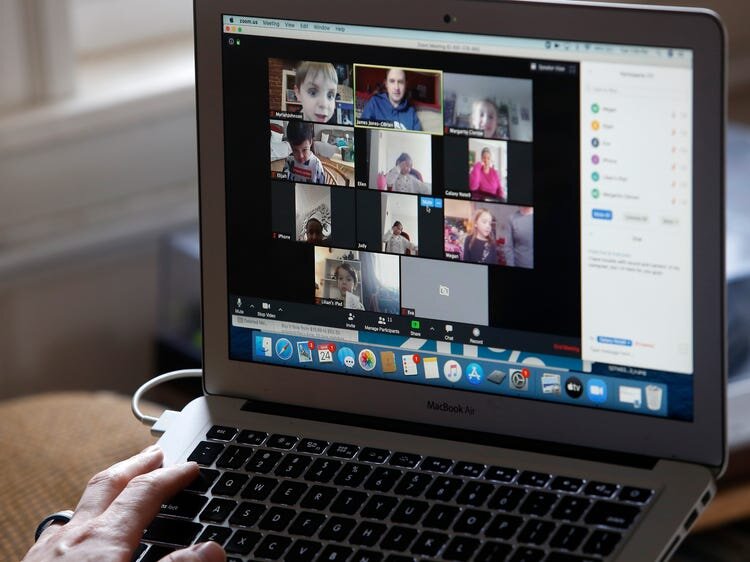Teens in Quarantine: How are they feeling?
by Anabelle Baum
Two months ago, at the beginning of the COVID outbreak in New York City, we were expecting an extended spring break and a short period of distance learning. Each week stay-at-home orders were extended, the death toll continued to rise, and restrictions and changes to life as we knew it continued to fluctuate. Quarantine has been an emotional roller coaster for everyone and raises the question: what are the mental health implications for teens during this time?
In a recent study, researchers from Huazhong University in China surveyed students in Wuhan and found that more than 20% of those children felt depressed, while 18.9% felt anxiety during the lockdown. This is higher than typical, according to the Journal of the American Medical Association as previous studies have reported depression levels 2.8% lower and anxiety levels 9.6% lower before COVID . This is not just the case in China: teenagers are feeling the same worldwide since the quarantine began. As our seniors get closer to graduation, they are feeling the sting of missed milestones and celebrations. How could teens not be anxious and upset when the only way they can interact with their friends is virtually, either through messaging, social media, or platforms like zoom?
“On the flip side, the Corona-imposed slowdown has also had a positive impact on some teens’ mental health. ”
On the flip side, the Corona-imposed slowdown has also had a positive impact on some teens' mental health. Now, many kids do not have to undergo the everyday battles such as navigating crowds on public transportation to get to school on time, dealing with finding the "right" table in the cafeteria to sit at, or stressing about overflowing academic, extracurricular, and social commitments. As Dr. Tim Kearney, the chief behavioral health officer at Community Health Center, explains, "Some are experiencing a lot of benefits, including reduced stress, increased creativity and outside time, and more family together time."
Nationwide many schools have struggled with how to deliver education in the best way possible via the internet. While many schools provide pre-recorded lectures rather than interactive classes or assign vast amounts of independent work to replace class time, Trevor has put a lot of effort into delivering a positive online school experience. Trevor students are fortunate to have a school that has been responsive to their needs and teachers who continue to be engaging and accessible despite the distance. As the school year draws to a close and states are beginning to come out of quarantine, mental health implications for teens should improve with time.
If you're feeling anxious or depressed, remember that you can reach out to Dr. Loria, Nurse Debbie or organizations such as the Anxiety and Depression Association of America.
Works Cited:
“Mental Health and Coping During COVID-19.” Centers for Disease Control and Prevention, Centers for Disease Control and Prevention, 30 Apr. 2020.
Clopton, Jennifer. “Quarantine Having Lasting Impacts on Kids' Health.” WebMD, WebMD, 15 May 2020.
Das, Dibash Kumar. “Depression and Anxiety Prevalent Among Chinese Students in Home Confinement During COVID-19.” Psychiatry Advisor, 27 Apr. 2020.


